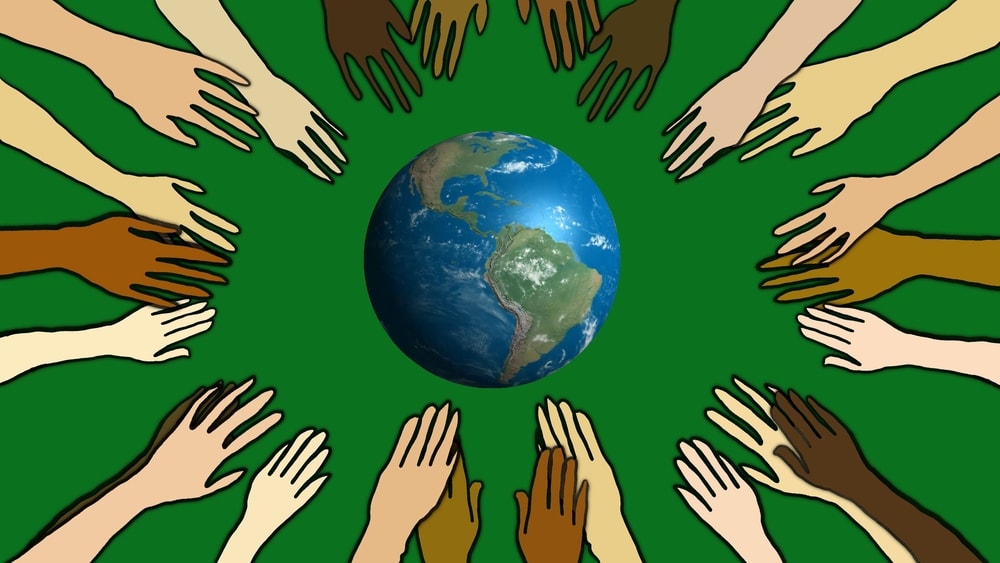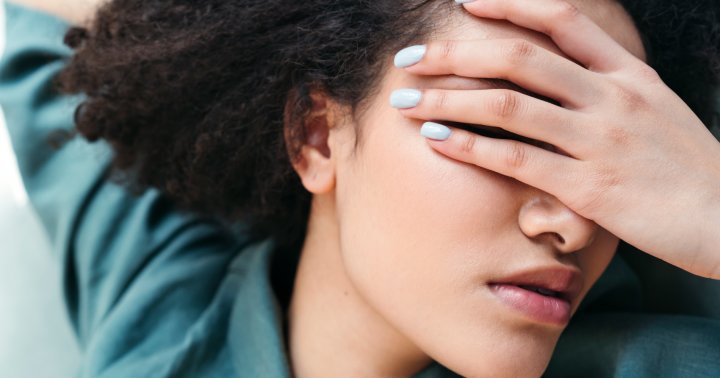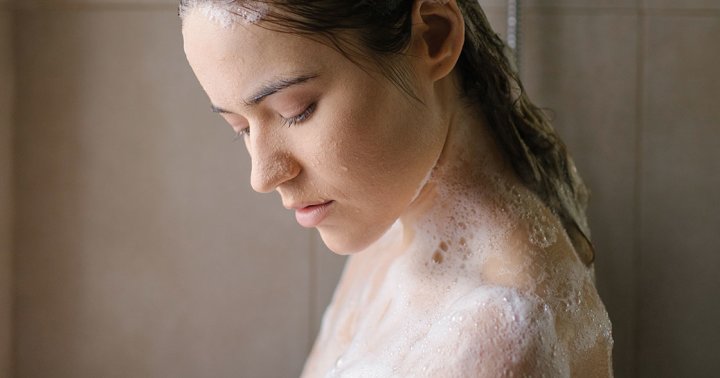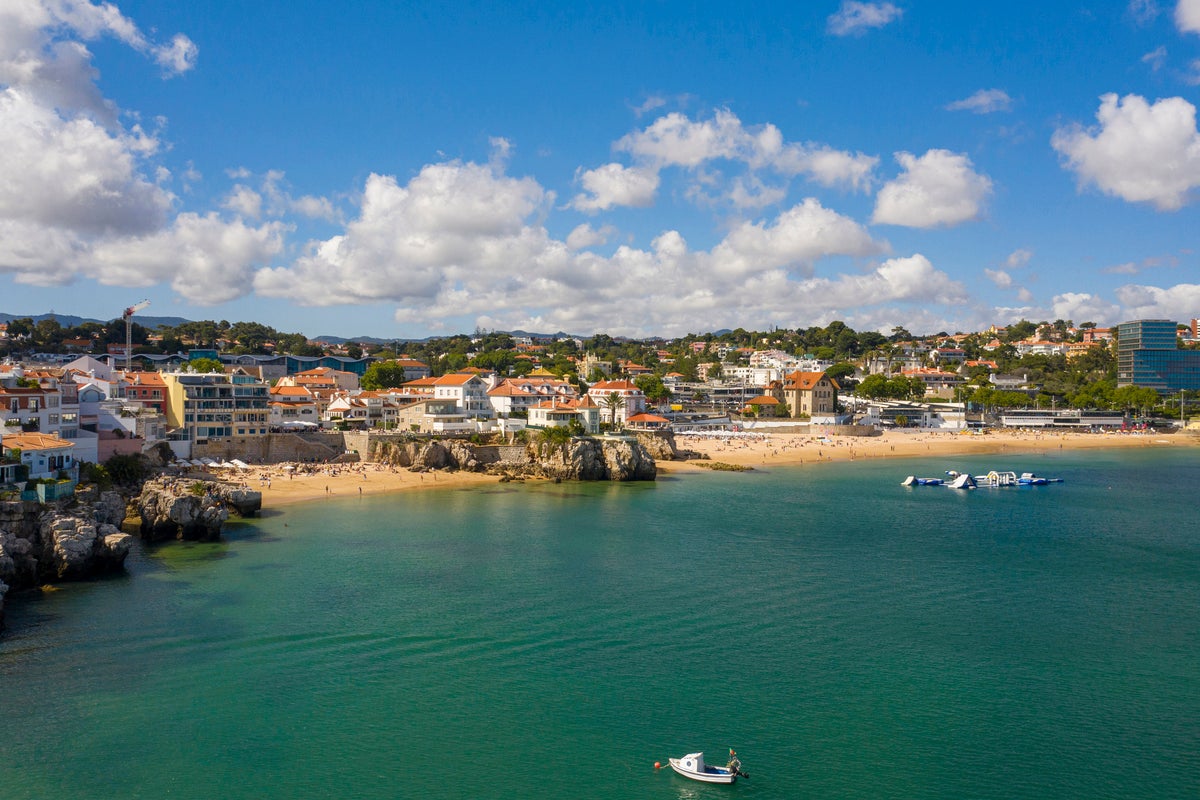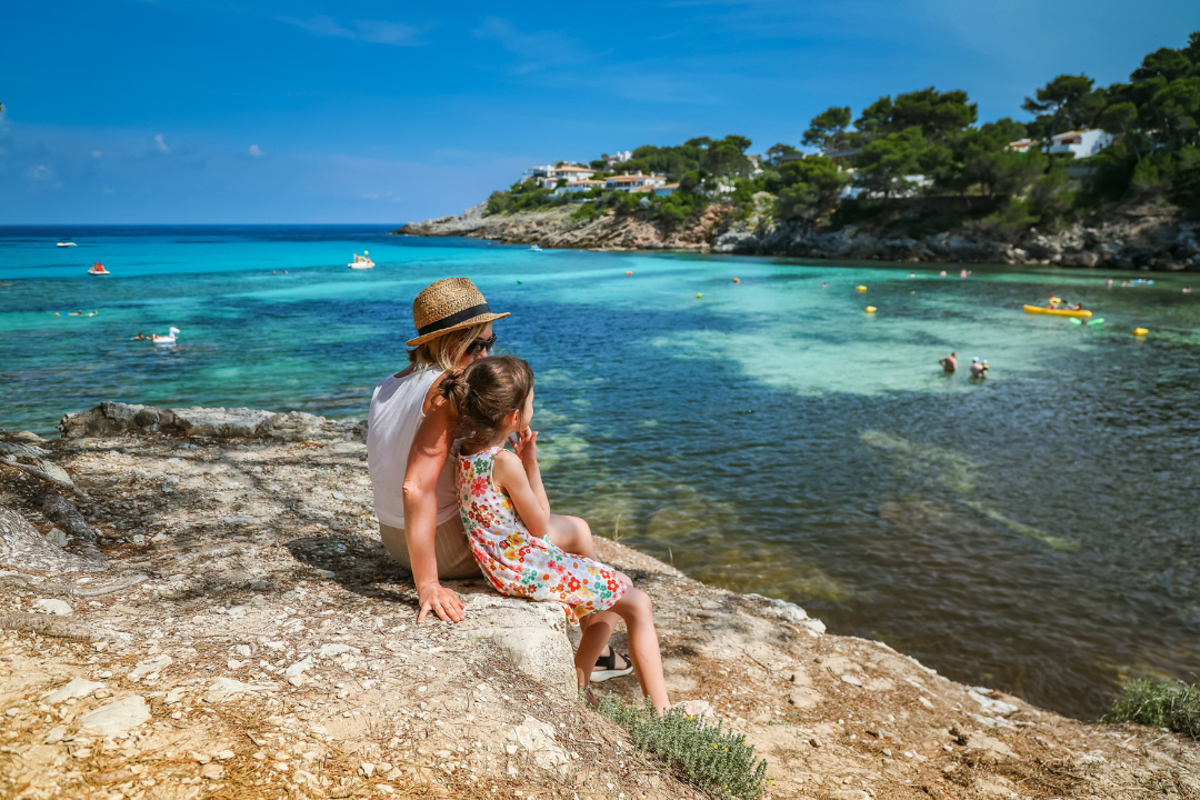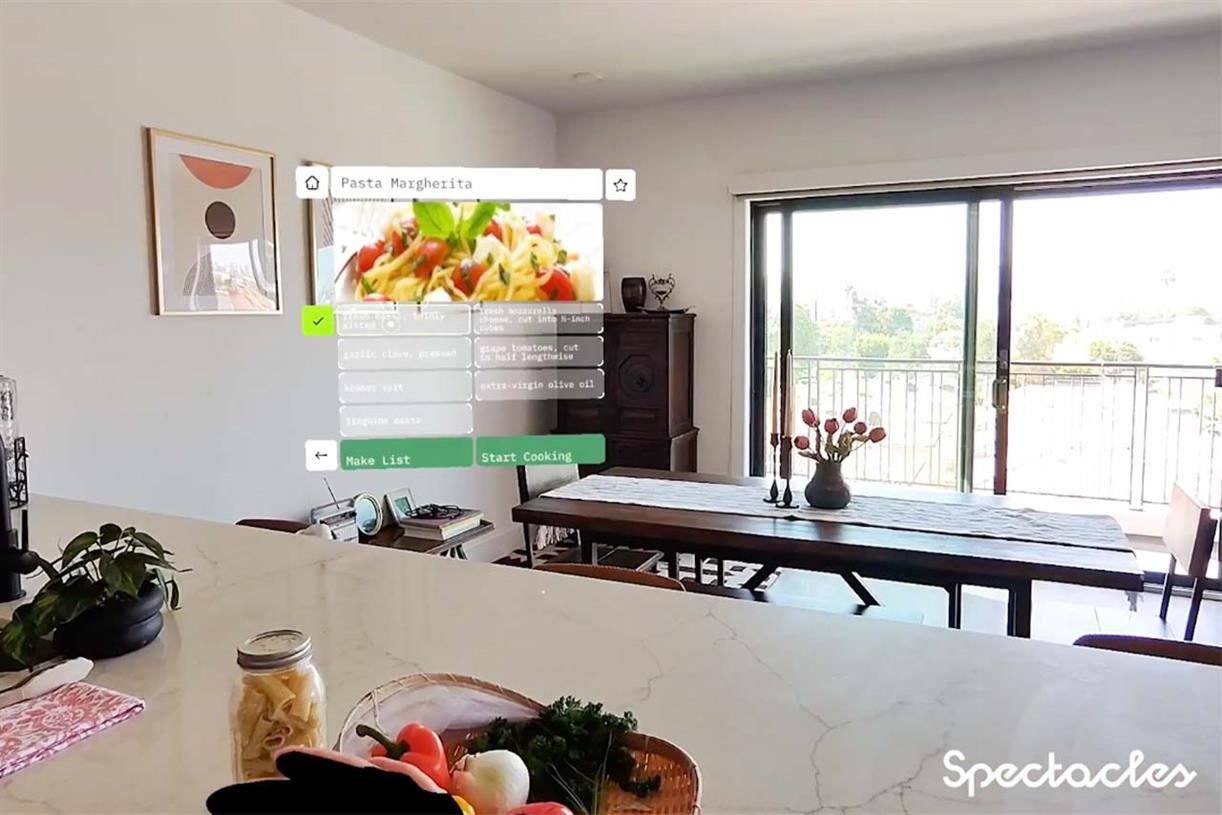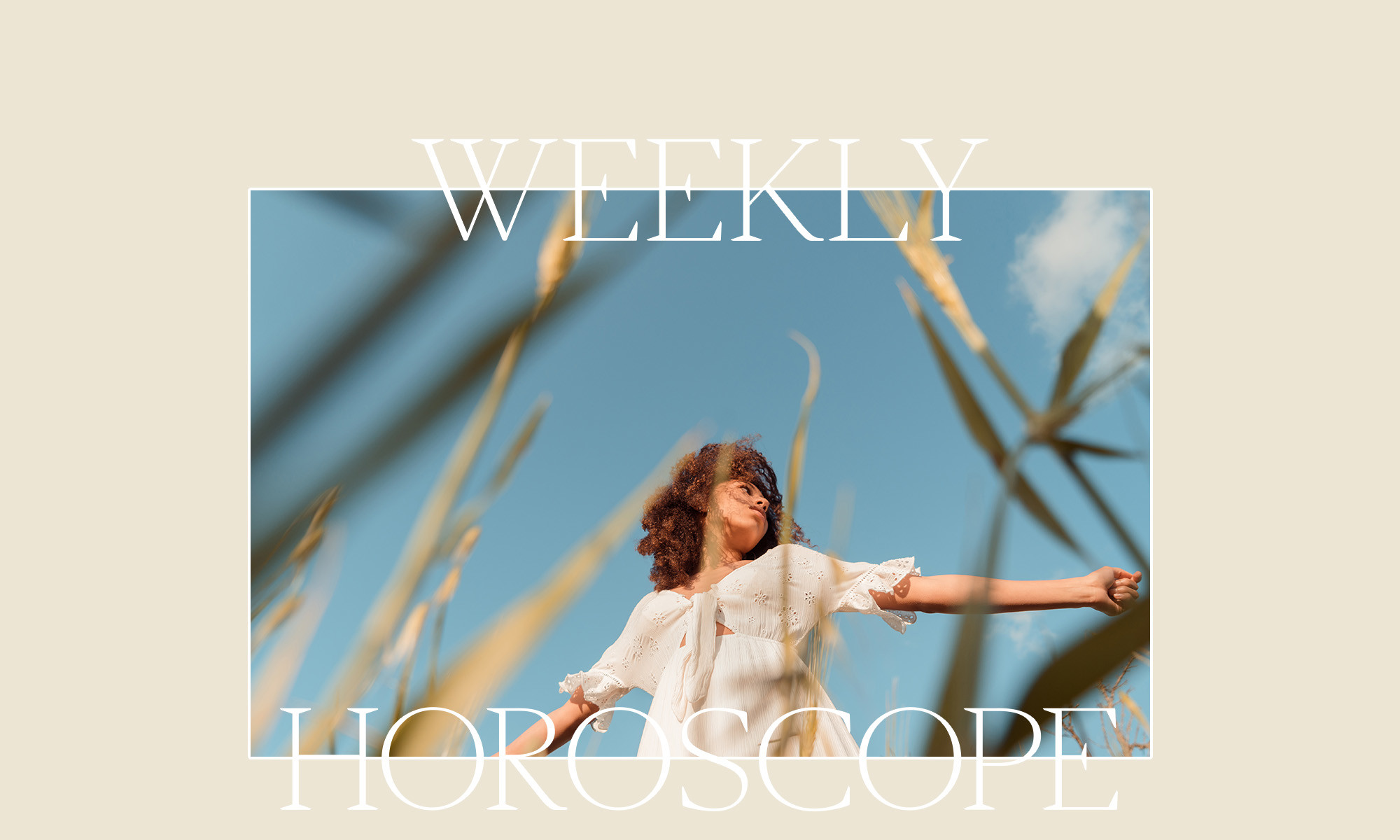Konda Mason on Compassionate Activism
The Save Our Democracy cofounder on using Buddhist tools for a pro-democracy outcome, in November and beyond. The post Konda Mason on Compassionate Activism appeared first on Tricycle: The Buddhist Review.
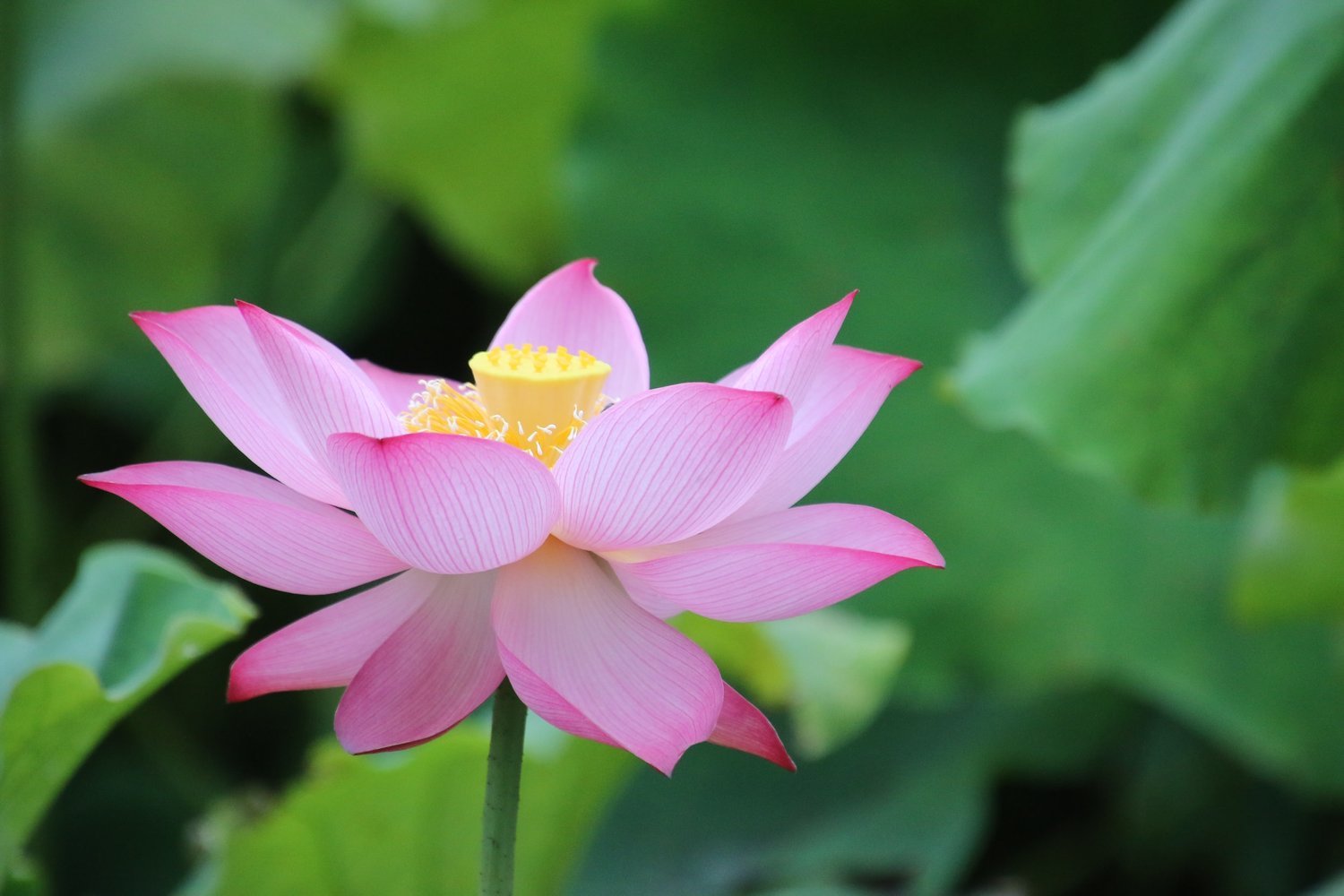
On July 13, Buddhist thought leaders from across the country will convene for the online event, Save Our Democracy, a gathering of visionary talks, reflections, and music to raise funds for pro-democracy actions in key swing states. The event, which is being organized by the group Mind Our Democracy, has the mission of getting contemplatives off their cushions and involved in civic life.
As one of the group’s cofounders—along with Tara Brach and Thanissara—Konda Mason clearly knows what is at stake. The social entrepreneur, ecospiritual thought leader, mindfulness teacher, and justice advocate is no stranger to using the foundational tenets of Vipassana meditation—to which she was introduced by Jack Kornfield in the early nineties—to effect social change. Tricycle recently spoke with Mason about what to expect at the event, people’s common misconceptions about spiritual practice and civic duty, and how the first step toward making a difference starts with making a change within our own heart.
This interview has been edited and adapted for clarity and concision.
How did you get involved with Save Our Democracy? It started with an email that I sent to Tara Brach and Thanissara two years ago. I was very concerned about the midterm elections [and how we were seemingly headed toward] an authoritarian regime. The email just said, “Can we all talk about this?” They said they felt the same way, so the three of us got on a Zoom call and started talking.
[We decided to start] something called Mind Our Democracy. We felt like [the organization] was telling [people in the contemplative world to] get off [their] cushion and get involved. [For some people, there is a] separation [between spiritual practice and civic engagement] as if spirituality means not being involved in the politics of the world. And so we were really telling the other side of the story.
[While] we wanted the group to continue, it didn’t. We tried, but everyone got busy. Fast-forward to now. So funny—the same day I sent another email saying “We need to do something,” Tara sent [me] an email saying, “We need to do something.” We reconvened the group, and here we are.
Can you briefly describe what people can expect at the Save Our Democracy event? My hope is that it’s going to be inspiring. I mean, we are in chaos right now. Who knows what’s going to happen by November, who knows what’s going to happen tomorrow, [or even] today? But my hope is that no matter what is happening, we know that we need to get off our cushions, we need to get involved, we need to vote, we need to push others to vote, [and] we need to be on the right side of history.
No matter what place we’re in, we need to do our job. That’s what I hope is the message that comes across.
What does compassionate activism look like to you? Activism is compassionate, no matter what. It’s because you love something so much that your heart is breaking if you don’t [get involved]. What happens is that sometimes we forget, because on the flip side of that is anger. Sometimes we focus on the anger [at what is happening] instead of on the love of why [we are] doing this. The part that is motivating [us] is love, always. So in my mind, any activism is compassionate.
What does it mean to you to align one’s spiritual practice with civic engagement? I don’t know what spiritual practice is without civic engagement. We have been going down a road of thinking that spiritual practice is just about me, and it has never been that. We are a “we”; we live in community, we live with other people. Spiritual practice is always about community. So the navel-gazing of “Let me just sit on my cushion and liberate myself” is to what end? To be a better person in what context? Is it [just] with myself? [No,] it’s always with others. When I think about civic engagement, it means being in society with other people and being engaged. I never think of spiritual practices as anything other than community—me in community. When I can be a better person in community, that, then, makes our community a better community. It’s all tied together.
I don’t think of it as “my spiritual practice [is] over here and [civic engagement] [is] over here.” It’s all one integrated whole, and, particularly as a Black woman in America, when I think about Black folks in the dharma, it is about liberation. It’s [asking,] “What are the tools that we have to stem the tide of racism, oppression, and all that exists that has been harmful?” The dharma is a beautiful, beautiful tool. I love the dharma and what it does, and I think that maybe Black folks in general enter the dharma based on the collectivism of “we.” And in that “we” is “me,” but it’s about a we space. Because our whole history has been about a “we” here in this country, and yet I think the white experience has been one of individuals, the hyper-individualistic “I.” That’s a farce as far as I’m concerned. There is no “I” without “we.” But as Black folks, we come together because we’ve had to just survive what has happened in this country from the very beginning. We’ve had to come together to survive, and we continue to do that.
The dharma is a place of love and compassion. And it is for all of us to get back to who we really are and to be a part of community in that way, and civic engagement is about how we live with each other. How do we be with each other, and who do we need to be to each other? So there is no separation of civic engagement [and spiritual practice].
How do we as citizens push our elected officials to do better? I don’t think it’s about leaders; I think it’s about us. I think leaders are just figureheads. The United States is just a superpower; it’s an empire. Leaders make a little bit of difference. They set a tone. They can certainly take us off the edge, and I think our current candidate, Mr. Trump, will absolutely dump us into the sewer of whatever his personal agenda is. I think, though, that it’s not about leaders but about the people being who we are to each other. I mean, we have to vote—voting is important. Putting in more compassionate leaders is important. If you just use compassion as your guide, [using the frame of] who’s the most compassionate leader, that’s enough to tell you which way to go.
[Often] we think that we have to do something grandiose, but if we can’t be nonviolent to ourselves and to each other, then we’re not going to have a nonviolent world.
I think that [a lot of what] we’ve been seeing [has] been a reaction to Barack Obama being a Black man in the White House. The whole MAGA thing, I believe, is a reaction [to that]. But even when he was in office, there were things that people were upset about because he could do only so much. But we put him in office and then we just lie back and say “You do it”? No, it’s about us. It’s about genuinely being active and pushing for and making happen what you want to happen, whether it’s in your home or your town or your state. It starts in very small acts of compassion and love for each other. [Often] we think that we have to do something grandiose, but if we can’t be nonviolent to ourselves and to each other, then we’re not going to have a nonviolent world. That’s where it begins—we have to look at the violence that’s in ourselves, within our minds. How do we address this? How do we work through that? And, then, how do we bring nonviolence [to] everything we do? I think that that is where [this] all [begins].
As Buddhists, how can we use our practice to effect change in ourselves and in the world? The practice is about nonharm. The practice is about love, compassion, loving-kindness—it’s about facing the truth of things. It’s about looking at oneself and, it is hoped, the world, and seeing the greed, hatred, and delusion that have driven so many of our actions. And if we are able to do the work within ourselves, [then we can] make nonviolent changes within ourselves [so] that we can be an example of what it is to be mindful.
Compassion is an action. When you see harm in the world, you respond to it. And if you don’t [respond to it] or if you say, “Oh, I’m sorry that’s happening,” that is not the practice to me. The practice is inherently action. It’s working toward deep interconnection with everyone, promoting life, and reducing harm. How do you use your practice? By being your practice. By seeing it and understanding it and being in the world with it. You can’t walk by harm and just allow it to happen if you notice it. And so I think the practice itself is deeply about interconnection, understanding that all life is deeply interconnected and promoting life on the planet in a healthy way.
It starts with yourself in your home, your neighborhood, your job, your town. Some people think that they have to be involved in world politics. [But] every gesture makes a difference. If there’s a woman [living] next to you that you know, knock on her door and see what she needs [and go to the store for her]. That is a part of nonviolence; that’s a part of love and compassion; that’s a part of a better world. It doesn’t have to look like what everybody else is doing. You find your role; everybody has a place.
Democracy is at stake right now in a big way. Nikole Hannah-Jones of the 1619 Project has talked about [our] democracy and how actually all of [our foundational texts—the Declaration of Independence, the Constitution]—were written during the time of enslavement. They had slaves, and they were talking about [how] all men are created equal. The truth of the matter is that Black people have been a key source of making us a [true] democracy. I think we have fought for democracy [more than] any other group in this country, because of our enslavement. We have pushed for democracy all our lives since we’ve been in this place of North America. And we continue to do that. Because I believe that we’ve never had a perfect union. We’ve never had a democracy. We have worked toward democracy more than any other country on the planet, and I’m grateful for what we have done. But we have a long way to go. We always have, because, as I said, as [they] were writing those documents, people were enslaved. The people who wrote the documents were enslavers, and they saw a future of some kind of democracy that clearly didn’t involve Black people. It’s taken us years to get to where we are, and it’s because we believe [what the “founding fathers” said when they said] there was going to be a democracy. So I think we have it in our blood to push for democracy. It’s in mine, and it’s been in my family. And I know it’s come down through my mother and my father to push for democracy. And when I see it taken away and chipped away at, going backward instead of forward toward a better democracy, I have to get involved. I don’t have a choice.

 UsenB
UsenB 







